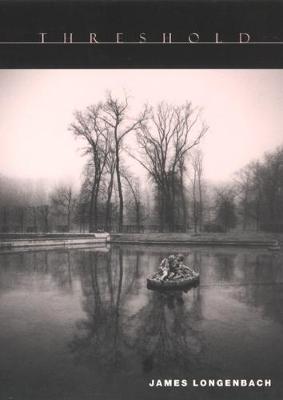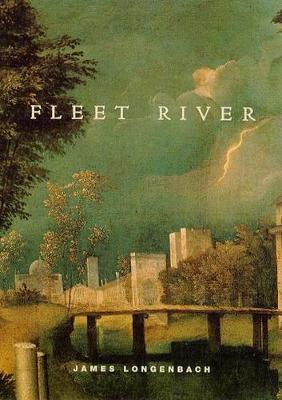Phoenix Poets Series PP (CHUP)
3 total works
From the Second Draft: What other people learn From birth, Betrayal, I learned late. My soul perched On an olive branch Combing itself, Waving its plumes. I said Being mortal, I aspire to Mortal things. I need you, Said my soul, If you're telling the truth. "Draft of a Letter" is a book about belief - not belief in the unknowable but belief in what seems bewilderingly plain. Pondering the bodies we inhabit, the words we speak, these poems discover infinitude in the most familiar places. The revelation is disorienting and, as a result, these poems talk to themselves, revise themselves, fashioning a dialogue between self and soul that opens outward to include other voices, lovers, children, angels, and ghosts. For James Longenbach, great distance makes the messages we send sweeter. To be divided from ourselves is never to be alone. "If the kingdom is in the sky," says the body to the soul, "Birds will get there before you." "In time," says the awakening soul, "I liked my second/Body better/Than the first." To live, these poems insist, is to arise every day to the strange magnificence of the people and places we thought we knew best.
"Draft of a Letter" is an unsettled and radiant paradiso, imagined in the death-shadowed, birth-haunted middle of a long life.
"Draft of a Letter" is an unsettled and radiant paradiso, imagined in the death-shadowed, birth-haunted middle of a long life.
Threshold is an extraordinary first collection that explores the shifting spaces between differing states of human experience. James Longenbach's poems dwell on metaphoric gates, doorways, and end points past which our everyday world seems luminous and strange. Technically superb and quietly moving, Threshold resonates with a fresh poetic voice.
A sequel of sorts to his first book of poetry, James Longenbach's new collection is about wonder: falling in love with the world, as though for the first time. With crisp phrasing and tightly controlled abstraction, "Fleet River" traces the journey of two children, two lovers and two travellers through landscapes earthly and otherworldly, following the river as it turns, dips underground, then reemerges unexpectedly as they experience awe at the workings of the universe. Mimicking the river's shifting course, the poems revise themselves as the book moves forward, turning against their own best conclusions, proving that the pilgrims' journey is less the discovery of love than the recreation, poem by poem, of love's possibilities.


